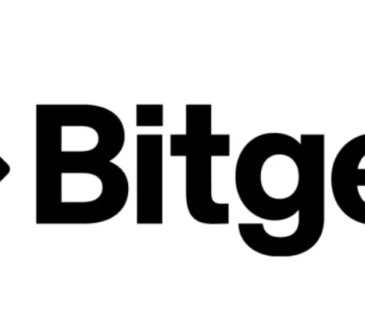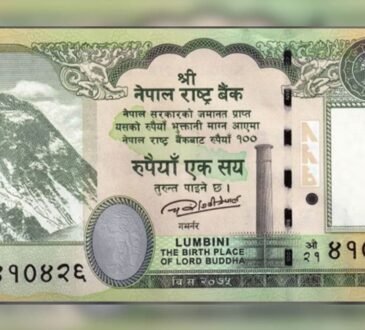While discussions about CBDCs are ongoing globally, the implementation of a CBDC in Australia remains a complex and debated topic.
A CBDC would be a government-backed digital currency pegged to the Australian dollar with a one-to-one conversion rate. It would be considered legal tender, unlike decentralised digital currencies in Australia.
Currently, legislation around digital currencies does not specifically cover CBDCs. If a “digital Australian dollar” was rolled out, there is the question of whether it would constitute a counterfeit currency. If it is an imitation of the Australian dollar that can be created at will, then there is a case that it could be.
The way a CBDC may work in Australia is yet unknown, but if you consider the differences between a CBDC and the current Australian financial system, you may not like the extra powers that it provides the entity in control.
As mentioned previously, CBDCs are centralised currencies, meaning that one entity, usually the central bank and government, controls all aspects of it. This means the government and central bank have access to all transaction records, the ability to alter the transaction history at any time, manipulate the currency’s supply and offer increased surveillance over the population’s financial activity.
This is the precise reason why decentralised currencies like bitcoin and Ethereum were created. To remove the power from a single entity and spread it among anyone, meaning that no single party gets to control the system.
This is a major point of contention for CBDCs and is a legitimate concern for everyday Australians who just want to be able to access their money when they need it. Given Australia’s existing advanced financial infrastructure, the benefits of a CBDC for the average citizen are not immediately clear.
On the other side of the coin, an advantage of a CBDC when compared with decentralised currencies, is that it is more likely to be deemed legal tender in Australia. That means all economic actors must accept it for any legal purposes. You can pay your taxes with it, and businesses must legally accept it for repayment.
This contrasts with decentralised digital currencies, like bitcoin and Ethereum, which are not currently legal tender in Australia. Luckily, there are many solutions that make spending cryptocurrencies easy, like crypto debit and credit cards or crypto-to-fiat services.
When you use crypto as a form of payment, you may also create a taxable event, which means you may owe capital gains taxes each time you purchase something with bitcoin or Ethereum, as they are treated as property in Australia. This is in addition to any sales taxes. With CBDC, you would only owe any applicable sales tax, just like using a physical currency.
As CBDCs are digital and, therefore, programmable, the central bank in control may implement a taxation system that occurs at the payment level. This means you would pay any applicable tax on every transaction in real-time, removing the need for the administrative headache of filing a tax return with the Australian Taxation Office (ATO) every year. While this might seem convenient, it also represents a significant shift in the level of financial privacy and autonomy that Australians currently enjoy.





